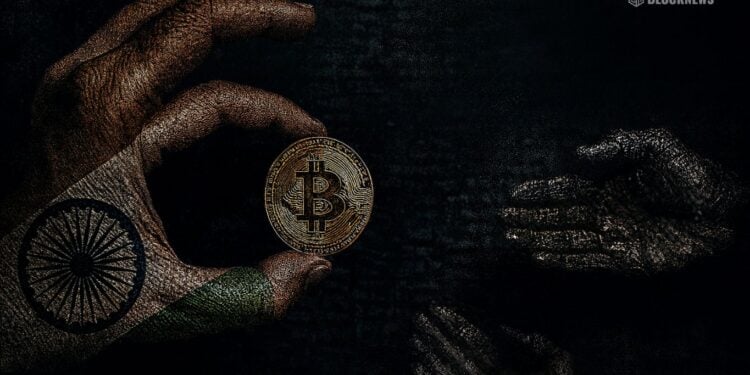- Indian court sentenced 14 people, including a former BJP MLA and 11 police officers, to life in prison for a Bitcoin extortion scheme.
- Businessman Shailesh Bhatt was kidnapped, beaten, and forced to give up hundreds of Bitcoin plus $3.6M in cash in 2018.
- The case, tied to the BitConnect collapse, highlights how crypto’s rising value has fueled corruption and global criminal networks.
In a case that shocked India’s political and law enforcement circles, an anti-corruption court in Ahmedabad has sentenced 14 people to life in prison for their role in a 2018 Bitcoin extortion scheme. Among those convicted are a former BJP legislator, a senior police superintendent, and 11 police officers. The group was found guilty of abducting a businessman from Surat and forcing him to hand over cryptocurrency worth millions.
Court Exposes Abuse of Power for Bitcoin
The verdict, delivered by Special Judge B.B. Jadav, held ex-BJP MLA Nalin Kotadiya and former Amreli Superintendent of Police Jagdish Patel responsible for orchestrating the conspiracy. The victim, businessman Shailesh Bhatt, was targeted after recovering a stash of Bitcoin tied to the infamous BitConnect collapse. Prosecutors argued that Kotadiya, Patel, and the police officers exploited their power, detaining Bhatt and coercing him into parting with his digital assets.
Special prosecutor Amit Patel summed it up bluntly: “The officers used state power for personal gain and violated public trust for Bitcoin.” The trial was one of the most extensive in recent memory, with 173 witnesses called to testify. Evidence revealed how uniformed officers worked hand-in-hand with political figures, blurring the line between authority and organized crime.
The 2018 Kidnapping and Bitcoin Shakedown
According to court records, Bhatt was abducted on February 11, 2018, by members of the Amreli crime branch, led by inspector Anant Patel. He was taken to Keshav Farm near Gandhinagar, where he was allegedly beaten and threatened until he admitted to holding 752 Bitcoin, with another 176 in custody of an associate.
The gang then forced Bhatt to sell Bitcoin worth about $150,000 and hand over $3.6 million in cash. After managing to escape, Bhatt filed a complaint with the Union Home Ministry, sparking a nationwide investigation. The crackdown led to multiple arrests and the seizure of assets, including gold later linked to SP Jagdish Patel. The court has now ordered that the confiscated gold be handed over to the Mumbai Mint.
The case is tangled with the broader collapse of BitConnect, a notorious $900 million Ponzi-style platform. Bhatt had only recently recovered part of his investment from developer Dhaval Mavani before becoming a target himself.
Global Crackdown on Crypto Crime
The judgment is being seen as a landmark in India’s battle against crypto-linked corruption. With high-ranking politicians and police officers implicated, the case underscores how digital assets can blur legal and criminal boundaries.
Crypto-related crimes continue to make headlines worldwide. Just last week, Thai authorities arrested a South Korean man accused of laundering $50 million worth of Bitcoin into gold. From local kidnappings to international fraud rings, Bitcoin’s value has made it both a tool for innovation and a magnet for crime. Courts are now under pressure to send stronger signals, and India’s ruling does exactly that.














